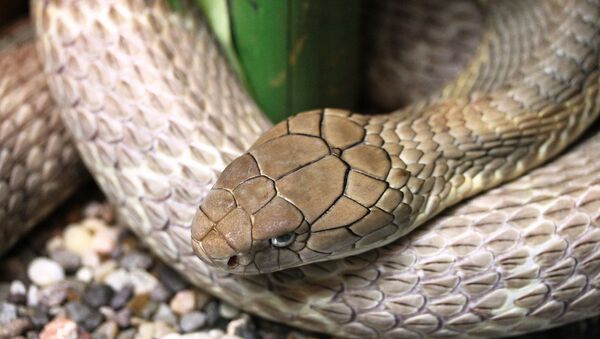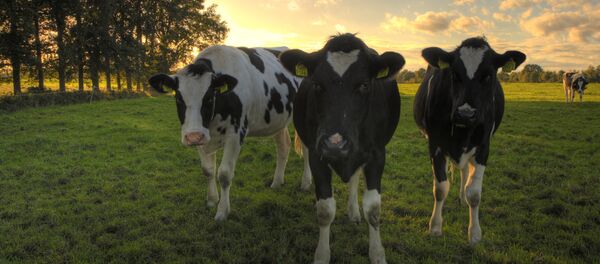Snake venom consists of a cocktail of toxins that have various biological functions depending on the type of snake. Many extremely poisonous snakes of the viper family, such as mambas and cobras, use a type of venom that assaults the human nervous system and disrupts communications between nerves and muscles. Neurotoxins induce muscles cramps and paralyze the victim's ability to move or breathe.
"Once you get bitten by a poisonous snake, the body's immune system reacts by producing antibodies. The only problem is that it takes about a week for the body to yield sufficient amounts of antibodies, while the victim may be dead within an hour or so, depending on the type of venom," Mikael Engmark, a PhD student at the Department of Bio and Health Informatics at DTU and lead author of the research, told Videnskab.
"This is an eye-opening experience. Even if different toxins bind to different receptors in the nerve cells, all anti-venom binds to the active part of the toxins," Mikael Engmark told Videnskab.
This weak point in neurotoxins allows for antidotes to tackle them directly. In subsequent tests, anti-venom is accumulated by injecting horses with small amounts of venom.
The findings, published in Nature magazine, could potentially lead to the improved treatment of snake bites.
#FridayFacts #puffadder may be most common #snake in #Africa & with one of fastest strikes in the world! #reptiles #nature #Akagera #Rwanda pic.twitter.com/sNdSiwgLnL
— Akagera (@AkageraPark) November 11, 2016







